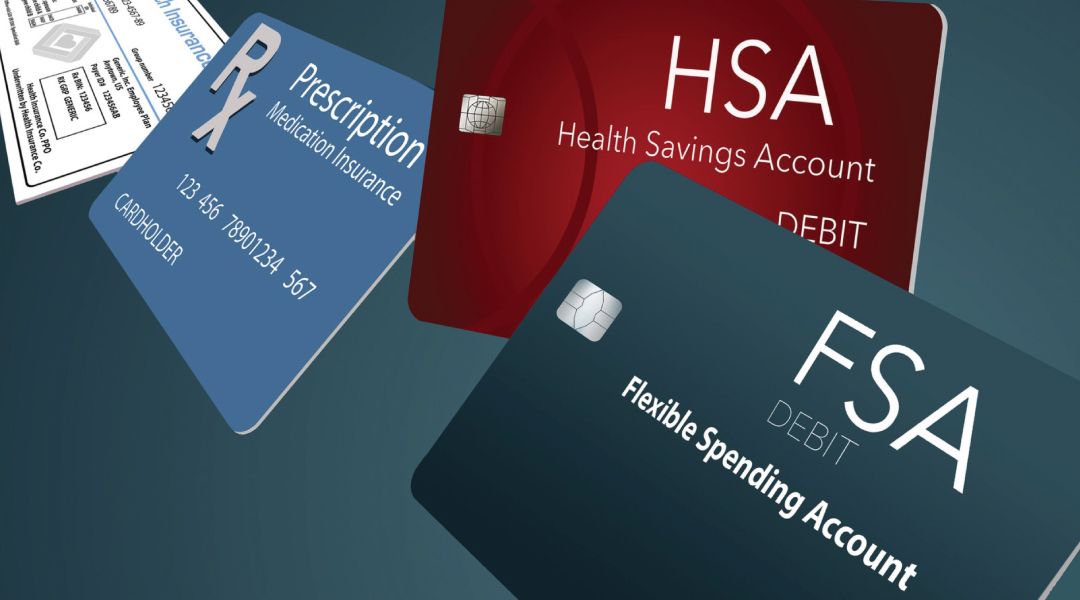Health Savings Accounts (HSA) and Flexible Spending Accounts (FSA) are game-changers for people looking to manage healthcare expenses more effectively. But they’re also a huge opportunity for businesses. If your business provides health-related services or products, accepting HSA card payments and FSA card payments could bring in more customers, increase sales, and set you apart from competitors.
Before you start, it’s important to understand whether your business qualifies. The IRS has specific guidelines on what these funds can be used for, and not every business automatically gets approval.
What Determines HSA/FSA Eligibility for Your Business?
Not all businesses can accept HSA/FSA payments. Eligibility depends on the type of services or products you provide and you’re Merchant Category Code (MCC). The IRS approves HSA/FSA funds only for qualified medical expenses, meaning businesses in healthcare, vision, dental, and certain wellness categories are more likely to qualify.
Your MCC, assigned by your payment processor, must reflect a healthcare-related classification. If your business is misclassified, transactions may be declined. Additionally, some services require a doctor’s prescription to be eligible. Verifying your MCC and ensuring compliance with IRS guidelines are essential first steps in accepting HSA card payments and FSA card payments.
- Healthcare Providers and Medical Practices
Traditional medical providers almost always qualify for HSA/FSA payments. If you run a medical practice, dental office, or physical therapy clinic, you’re in the clear. Doctors, specialists, and urgent care centers can accept these payments, as can dentists, orthodontists, and oral surgeons. Chiropractors and physical therapists also fall within this category, making their services eligible under most HSA and FSA plans.
- Vision and Eyewear Businesses
If your business focuses on eye care, you may also qualify. Optometrists and ophthalmologists who perform eye exams and treat vision-related conditions typically accept HSA/FSA payments. Optical shops and eyewear retailers that sell prescription glasses and contact lenses also meet eligibility requirements. Even LASIK and other corrective vision centers can process these payments since vision correction is considered a medical expense.
- Pharmacies and Medical Supply Stores
Customers can use HSA and FSA funds for prescription medications, over-the-counter medical supplies, and certain personal care items. Pharmacies and medical supply stores that provide these products typically qualify, provided that their MCC reflects the nature of their business. Common qualifying expenses include prescription medications, first-aid kits, blood pressure monitors, and other health monitoring devices.
- Wellness and Alternative Medicine Businesses
Many people are surprised to learn that certain wellness services and alternative medicine providers can accept HSA/FSA payments. However, these services often require a doctor’s prescription to qualify. Acupuncture and chiropractic care are widely covered under HSA/FSA plans. Licensed massage therapy is another example, but it typically needs to be prescribed for medical treatment, such as pain management or injury recovery. Some medical spas offering dermatologist-approved treatments, like chemical peels or laser therapy for skin conditions, may also qualify.
- Fitness and Preventative Care Services (Limited Eligibility)
Most gym memberships and personal training sessions don’t qualify, but there are exceptions. Suppose a doctor prescribes exercise for a specific medical condition such as obesity, heart disease, or rehabilitation. In that case, customers may be able to use their HSA or FSA funds to pay for medically necessary personal training, smoking cessation programs, or weight loss programs. Businesses in this space should be clear that general fitness and wellness services don’t typically qualify, but some medically guided programs might.
- Non-Traditional Businesses That May Qualify
Some businesses that don’t immediately seem healthcare-focused may still be eligible to accept HSA/FSA payments, including:
- Retailers selling HSA/FSA-approved products, like medical-grade skincare, compression socks, and pregnancy-related items.
- Telehealth providers offering virtual medical consultations.
- Health-focused e-commerce businesses, as long as they sell eligible products.
If your business falls into this category, verify that your MCC aligns with HSA/FSA eligibility and work with a payment processor that supports these transactions to start accepting FSA card payments and HSA card payments.
How to Verify If Your Business Qualifies
If you’re unsure whether your business can start accepting FSA card payments and HSA card payments, the first step is to check your MCC. Contact your payment processor to confirm your business classification. Next, review IRS guidelines and industry-specific eligibility rules to ensure your products or services qualify. Finally, work with an HSA/FSA-friendly payment processor that supports these transactions and helps ensure compliance.

